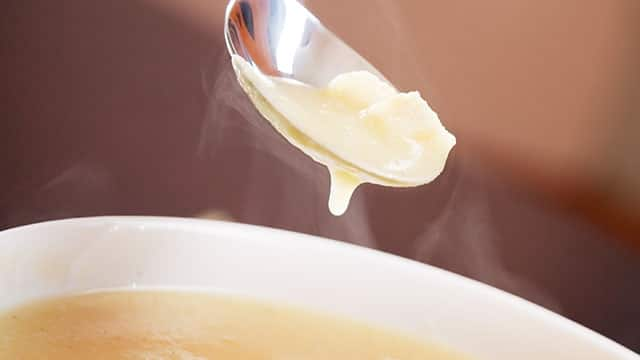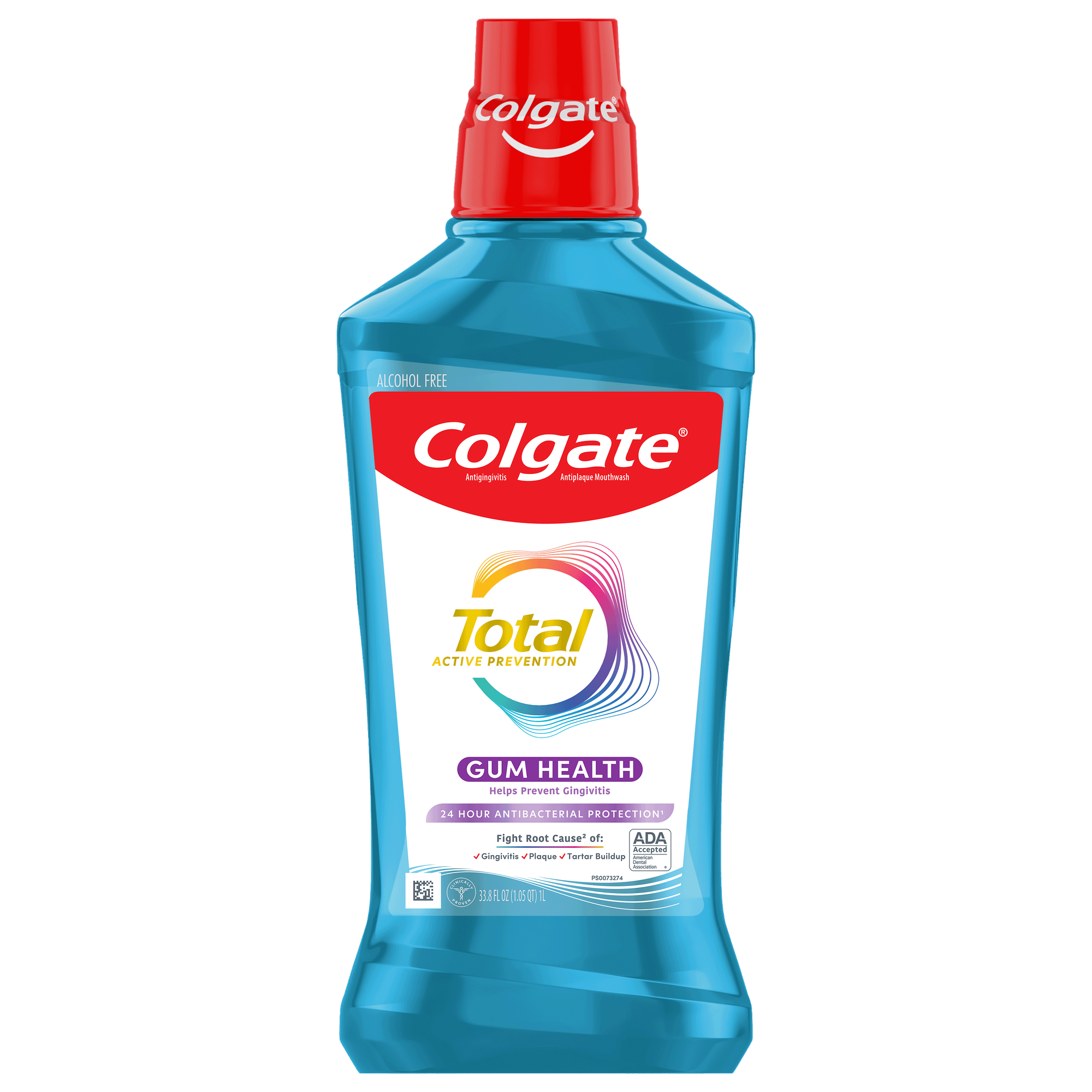The Importance of Salivary pH
You've most likely learned about pH levels once in science class. The pH scale shows the amount of acid or base contained in a substance, and it ranges from 0 to 14. A 7 on the pH scale is considered neutral, whereas anything below that level is labeled as acidic. Any number above 7 is labeled as basic. As a research article in Scientifica explains, the normal pH of saliva is 6.7 to 7.4.
Dietary choices play a large role in salivary pH and the development of cavities. Many high-sugar or high-carbohydrate foods and drinks, such as pastries or soda, can affect a person's oral pH levels and increase their risk for developing tooth decay. That happens because, when oral bacteria break down these sources of carbohydrates and sugars, they release a variety of acids that lower the pH of the saliva. Once this level goes below 5.5, the enamel of the teeth begins to break down, which is the first step in the formation of a cavity, as the Scientifica article explains.
How to Rebalance the pH of Your Mouth After a Meal
Many of the foods you eat on a regular basis may result in an acidic salivary pH. So, naturally, you may be wondering what steps you can take to normalize your salivary pH and neutralize destructive acids in your mouth.
According to a study published in the Journal of Investigative and Clinical Dentistry, something as simple as rinsing with water after an exposure to acids can quickly return your saliva to a neutral pH level. Rinsing with mouthwash can also help to rebalance the pH of your mouth. So, the next time you have something sweet to eat or drink, just remember to rinse your mouth with water or mouthwash immediately afterward.
Tips for Maintaining an Optimal Salivary pH
As the ADA explains, if levels of saliva decrease in the mouth, problems such as tooth decay can follow. Here are some quick ways to ensure that you have good salivary flow and pH levels:
- Chew your food thoroughly to activate the salivary glands, as the ADA advises.
- Try chewing gum. According to an article published in SRM Journal of Research in Dental Sciences, chewing gum is an effective way to increase saliva production. Some brands of chewing gum may also contain xylitol, which can help to regulate your salivary pH as well.
- Eat a healthy diet. Be aware of which food and drinks you should avoid in order to maintain a healthy mouth. This can be a challenge for many people. As many food and beverages contain some amount of sugar, reading food labels can help you make healthier food choices. When you make an effort to limit sugar, you're taking a good step for your oral health.
Your salivary pH is important to the health of your mouth and teeth. Maintain good oral hygiene by brushing your teeth twice daily and flossing once per day, and be mindful of the foods you eat. This way, you'll be doing your part to keep your smile healthy and your salivary pH levels balanced.
Oral Care Center articles are reviewed by an oral health medical professional. This information is for educational purposes only. This content is not intended to be a substitute for professional medical advice, diagnosis or treatment. Always seek the advice of your dentist, physician or other qualified healthcare provider.
ORAL HEALTH QUIZ
What's behind your smile?
Take our Oral Health assessment to get the most from your oral care routine
ORAL HEALTH QUIZ
What's behind your smile?
Take our Oral Health assessment to get the most from your oral care routine















